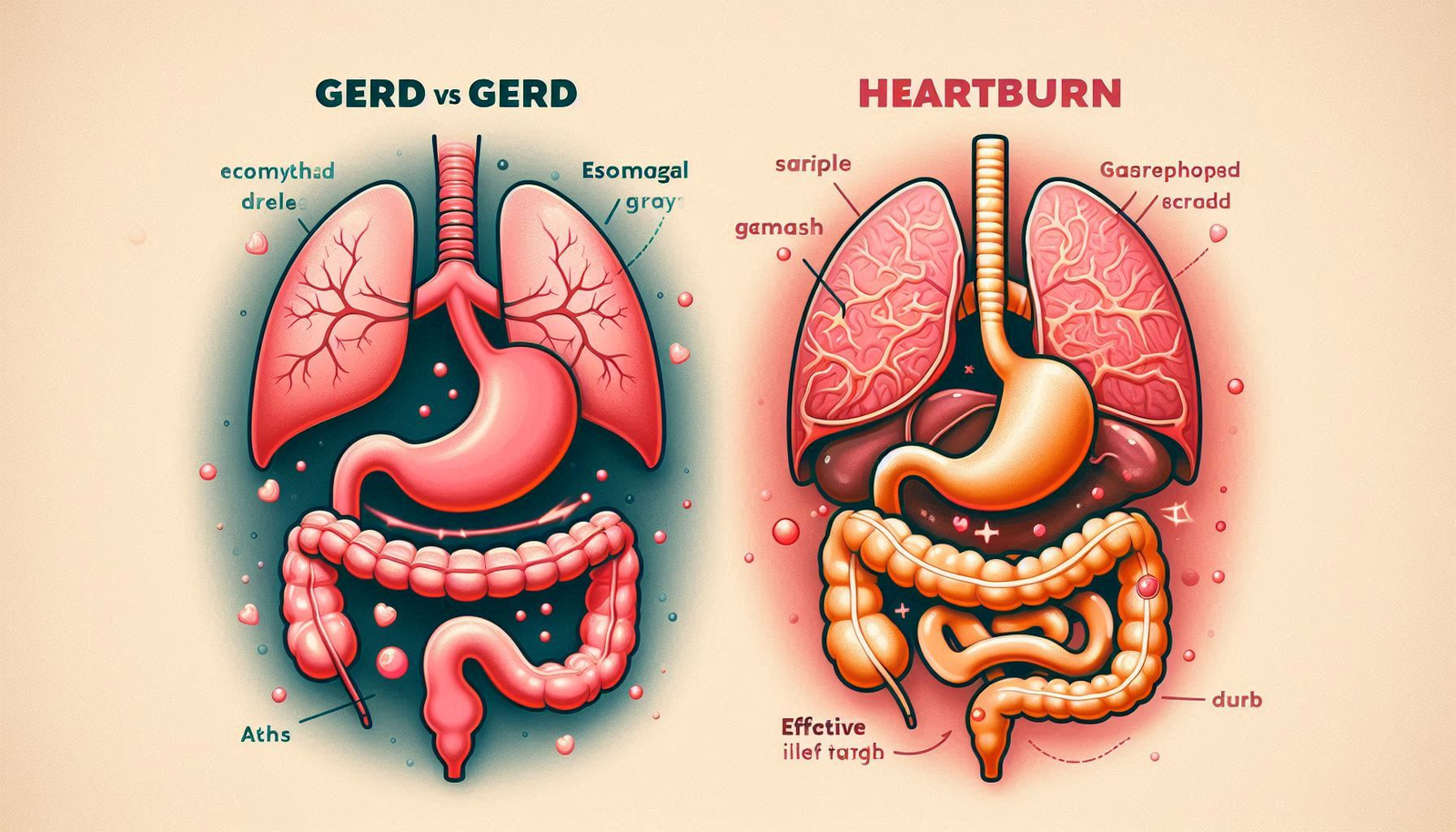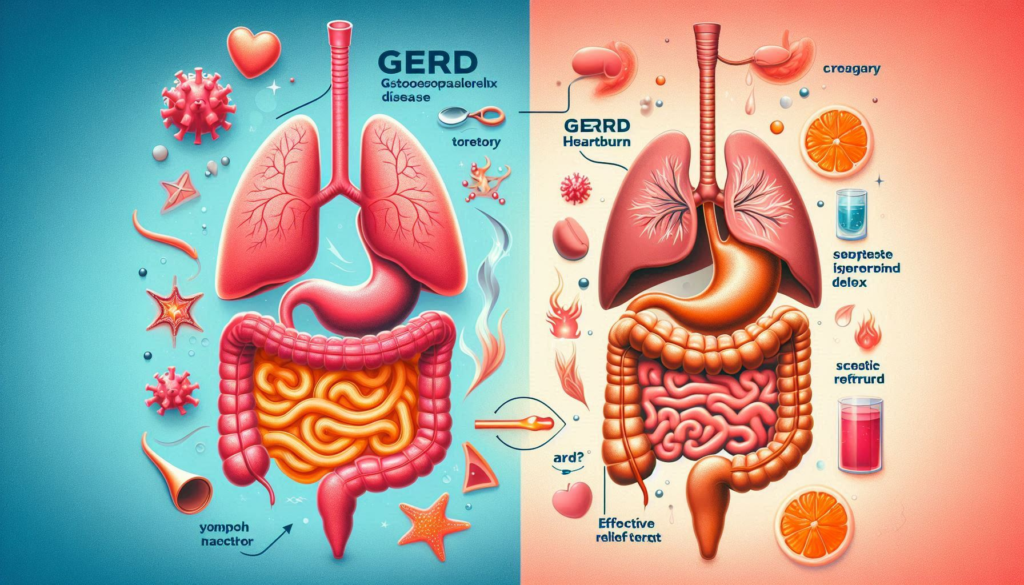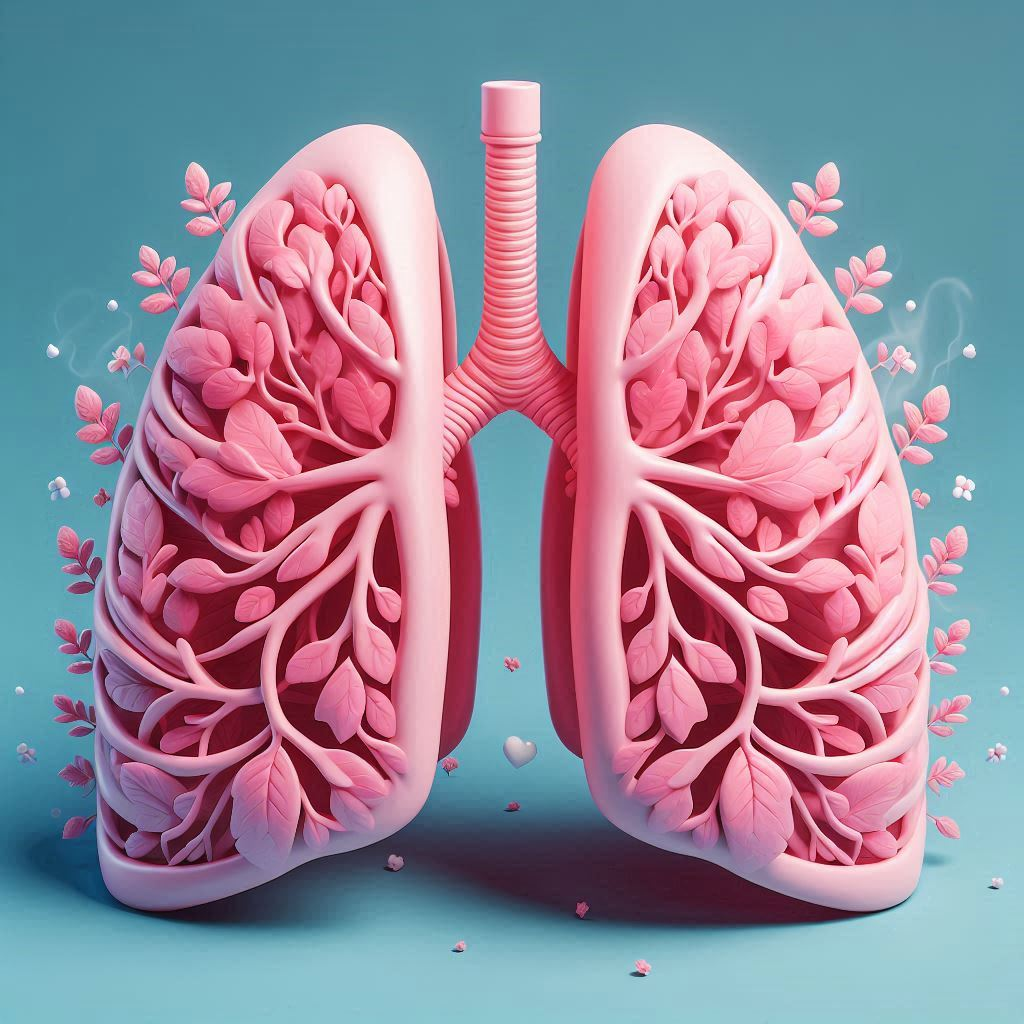
GERD vs. Heartburn: 10 Effective Relief Tips
GERD vs. Heartburn: 10 Effective Relief Tips
GERD and heartburn can be uncomfortable and disruptive. Discover 10 effective relief tips to manage symptoms and improve your digestive health.

Introduction
Gastroesophageal reflux disease (GERD) and heartburn are two related but distinct conditions affecting millions worldwide. Understanding their differences is crucial for effective management and relief. This article provides a comprehensive overview of GERD and heartburn, highlighting their definitions, symptoms, causes and 10 evidence-based relief tips.
Section 1: Understanding GERD and Heartburn
Definition of GERD (Gastroesophageal Reflux Disease)
GERD is a chronic condition where stomach acid flows back into the esophagus, causing discomfort and damage.
Definition of Heartburn
Heartburn is a symptom of acid reflux, characterized by a burning sensation in the chest and throat.
Key Differences Between GERD and Heartburn
- Duration and Frequency: GERD is chronic, while heartburn can be acute or chronic.
- Severity: GERD causes more severe symptoms, including regurgitation and difficulty swallowing.
- Complications: Untreated GERD leads to esophageal damage, scarring and increased cancer risk.
Common Symptoms and Causes of GERD and Heartburn
Common Symptoms
- Chest pain or discomfort
- Burning sensation in the throat
- Regurgitation
- Difficulty swallowing
- Coughing or wheezing
Common Causes
- Weakened lower esophageal sphincter (LES)
- Obesity
- Pregnancy
- Smoking
- Certain foods (citrus fruits, tomatoes, chocolate, spicy or fatty foods)
- Hiatal hernia
Section 3: Lifestyle Modifications
Lifestyle changes play a crucial role in managing GERD and heartburn. Implementing the following adjustments can alleviate symptoms.
Maintaining a Healthy Weight
- Calculate your body mass index (BMI) and strive for a healthy range.
- Incorporate physical activity into your daily routine.
- Eat nutrient-dense foods, avoiding high-calorie, fatty or greasy options.
Regular Exercise
- Engage in moderate-intensity exercise (brisk walking, cycling or swimming) for 150 minutes weekly.
- Incorporate strength training twice a week.
- Avoid exercising immediately after meals.
Avoiding Triggers
- Quit smoking to reduce LES relaxation and acid production.
- Limit alcohol consumption to reduce inflammation.
- Avoid caffeine, chocolate and spicy or fatty foods.

Section 4: Eating Habits
Eating habits significantly impact GERD and heartburn. Adopt these strategies.
Eating Smaller Meals
- Divide daily calories into 4-6 smaller meals.
- Reduce portion sizes.
Meal Timing
- Finish eating 2-3 hours before bedtime.
- Avoid lying down post-meals.
Chewing Thoroughly
- Eat slowly and mindfully.
- Chew each bite 15-20 times.
Section 5: Over-the-Counter Medications
Common over-the-counter medications for GERD and heartburn include:
Antacids
- Neutralize stomach acid.
- Provide quick relief.
H2 Blockers
- Reduce acid production.
- Effective for mild to moderate symptoms.
Proton Pump Inhibitors (PPIs)
- Block proton pumps to reduce acid.
- Suitable for frequent or severe symptoms.
Guidelines
- Follow label instructions.
- Consult your doctor if symptoms persist or worsen.
Section 6: Prescription Medications
Prescription medications are necessary when symptoms persist or worsen.
Types
- Stronger H2 blockers and PPIs.
- Prokinetics to enhance esophageal motility.
Considerations
- Potential side effects: diarrhea, headache or vitamin deficiencies.
- Long-term use may lead to dependency or decreased effectiveness.
Section 7: Natural Remedies
Explore natural remedies under medical supervision.
Herbal Remedies
- Ginger: anti-inflammatory properties.
- Chamomile and licorice root: soothing effects.
Lifestyle Practices
- Yoga: relaxation and digestion enhancement.
- Stress management techniques.
Consultation
- Consult your healthcare provider before adding natural remedies.

Section 8: Elevating the Head of the Bed
Elevating the bed reduces nighttime symptoms.
Tips
- Use blocks or books under bed legs.
- Elevate 6-8 inches.
Alternatives
- Wedge pillows for support.
Section 9: Wearing Loose-Fitting Clothing
Tight clothing exacerbates symptoms.
Benefits
- Reduces abdominal pressure.
- Enhances comfort.
Tips
- Choose loose, breathable fabrics.
- Avoid tight belts or waistbands.
Section 10: Seeking Medical Advice
Seek medical advice for persistent or severe symptoms.
Importance
- Accurate diagnosis.
- Personalized treatment.
Healthcare Professionals
- Gastroenterologists.
- Dietitians.
Follow-up
- Monitor symptoms.
- Adjust treatment plans as needed.
Read also: Brain Power and Function: 10 Interesting Facts
FAQs
- What is the difference between GERD and heartburn? GERD is a chronic condition where stomach acid frequently flows back into the esophagus, causing irritation. Heartburn is a symptom of GERD, characterized by a burning sensation in the chest.
- What foods should I avoid if I have GERD or heartburn? Avoid spicy foods, fatty foods, caffeine, alcohol, and acidic foods like tomatoes and citrus fruits.
- How can lifestyle changes help manage GERD and heartburn? Maintaining a healthy weight, exercising regularly, and avoiding smoking and excessive alcohol consumption can help reduce symptoms.
- What are some effective over-the-counter medications for GERD and heartburn? Antacids, H2 blockers, and proton pump inhibitors are common over-the-counter medications that can relieve symptoms.
- When should I consider prescription medications for GERD and heartburn? If over-the-counter medications are not effective, or if symptoms are severe and persistent, a healthcare professional may prescribe stronger medications.
- Are there natural remedies for GERD and heartburn? Yes, herbal teas, supplements, and lifestyle practices like yoga and stress management can help, but it’s important to consult with a healthcare professional first.
- How can elevating the head of the bed help with GERD and heartburn? Elevating the head of the bed can prevent stomach acid from flowing back into the esophagus during sleep, reducing nighttime symptoms.
- Why is it important to wear loose-fitting clothing if I have GERD or heartburn? Tight clothing can put pressure on the abdomen, worsening symptoms. Loose-fitting clothing can help reduce this pressure.
- When should I seek medical advice for GERD and heartburn? Seek medical advice if symptoms are severe, persistent, or not relieved by over-the-counter medications. A proper diagnosis and treatment plan are essential.
- What types of healthcare professionals can help with GERD and heartburn? Gastroenterologists and dietitians can provide specialized care and treatment plans for managing GERD and heartburn.




3 Comments
Pingback:
Pingback:
Pingback: